Main Mauritanian opposition party seeks to send bill to parliament to criminalize normalization with Israel
Mauritania’s largest opposition political party says it intends to submit a bill to parliament seeking to criminalize normalization and establishment of diplomatic relations with the Israeli regime.
“In line with our principles, values, and constitutional texts, which cite Sharia as a source of law, and fulfillment of the aspirations of Muslims to support just causes of nations, especially the issue of al-Aqsa [Mosque] and the Palestinian cause, we highly demand the enactment of a law to criminalize normalization [of relations with Israel], and we declare our full readiness to do whatever necessary for such an honorable purpose,” the National Rally for Reform and Development said in a statement.
The party then called on all Mauritanian parliamentary factions and political movements to throw their weight behind the initiative, saying the bid preserves public dignity and is in line with attempts to stand against the Tel Aviv regime’s wills.
The development comes as three other opposition parties, namely Union of the Forces of Progress, the People's Progressive Alliance and the Alliance for Justice and Democracy/Movement for Renewal, called last week for legislation against normalization of ties with Israel.
Mauritania fully severed diplomatic ties with Israel in March 2010,
The northwest African country had expelled Israeli representatives and closed the regime’s embassy in Nouakchott a year earlier. The move came after it froze ties in response to Israel’s attacks on the Gaza Strip.
The Mauritanian government has frequently affirmed its firm support for Palestinians and their right to establish an independent and sovereign state with Jerusalem al-Quds as its capital.
Last September, Mauritania’s Foreign Minister Ismail Ould Cheikh Ahmed said in a statement that his country “firmly supports the right of the Palestinian nation to an independent state with al-Quds as its capital, in accordance with the provisions of relevant United Nations resolutions and the Arab Peace Initiative.”
The so-called Arab Peace Initiative, which was proposed by Saudi Arabia and endorsed by the Arab League in 2002, calls on Israel to agree to a “two-state solution” along the 1967 lines and a “just” solution to the Palestinian refugee issue.
Morocco and Israel agreed on December 10 to normalize relations in a deal brokered with the help of the administration of outgoing US President Donald Trump, making the North African country the fourth Arab state last year to strike a deal aimed at establishment of relations with the regime. The others were the United Arab Emirates, Bahrain and Sudan.
Trump sealed the agreement in a phone call with Morocco’s King Mohammed VI. As part of the agreement, the US president agreed to recognize Morocco’s sovereignty over the Western Sahara region.
The Algerian Foreign Ministry later rejected Trump's stance, saying the US decision “has no legal effect because it contradicts UN resolutions, especially UN Security Council resolutions on Western Sahara.”
“The proclamation would undermine the de-escalation efforts made at all levels in order to pave the way for launching a real political process,” the ministry said in a statement.
Additionally, the Palestinian Hamas resistance movement reacted to the announcement that Morocco will normalize relations with Israel, denouncing the deal.
“This is a sin and it doesn’t serve the Palestinian people. The Israeli occupation uses every new normalization deal to increase its aggression against the Palestinian people and increase its settlement expansion,” Hazem Qassem, a Hamas spokesman said at the time.
VIDEO | Canadians preparing to hold more rallies in solidarity with Venezuela
VIDEO | Iranian national Mahdieh Esfandiari goes on trial for supporting Palestine
VIDEO | Italian farmers launch protest campaign against EU-Mercosur free trade deal
VIDEO | Trump’s Gaza ‘Board of Peace’ invitation sparks criticism in Pakistan
VIDEO | Iran, Iraq vow to deepen ties, hail US exit
Araghchi slams World Economic Forum for canceling his invitation
Iran condemns Argentina’s unfounded accusations against IRGC
VIDEO | Fighting British state


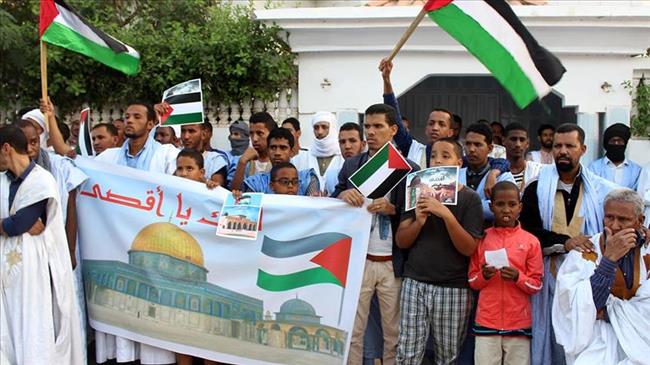




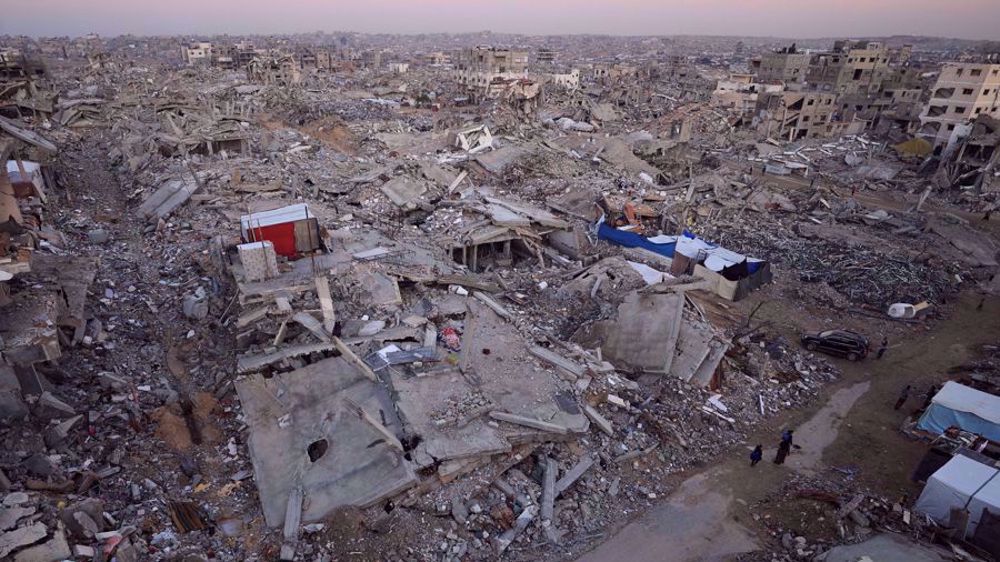
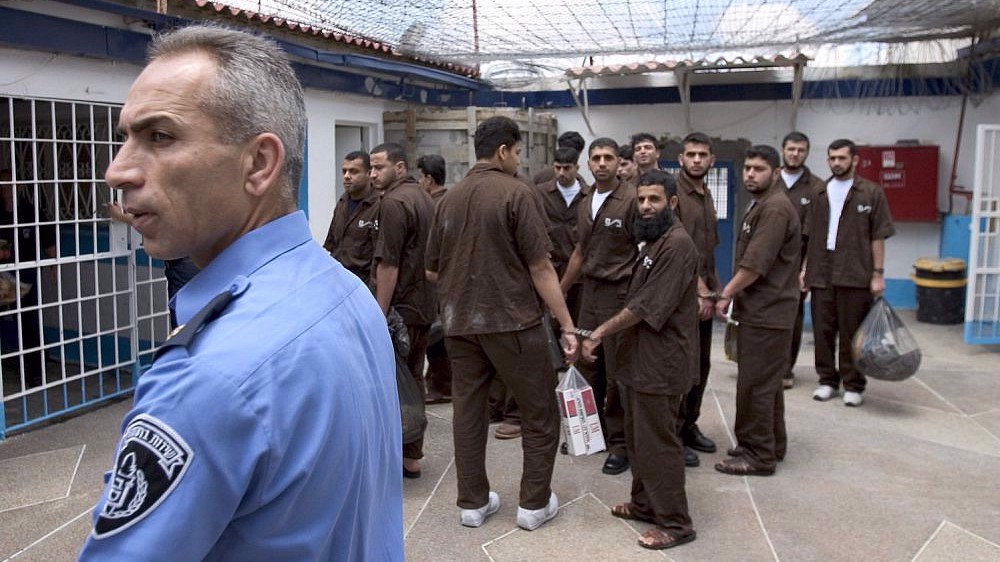



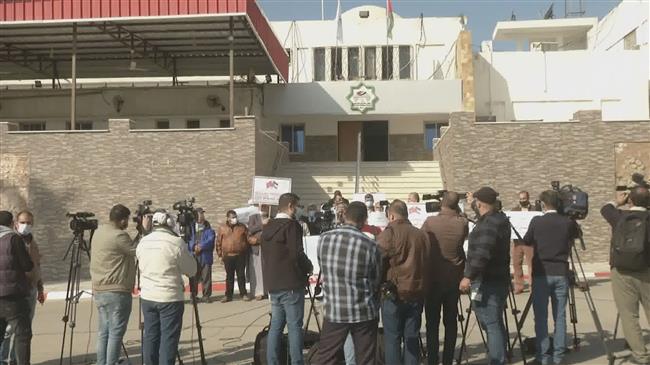

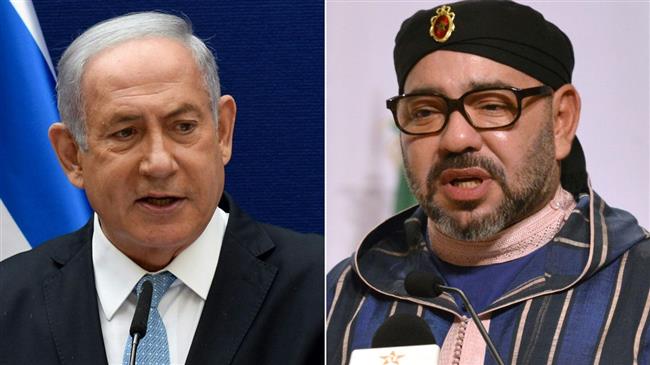
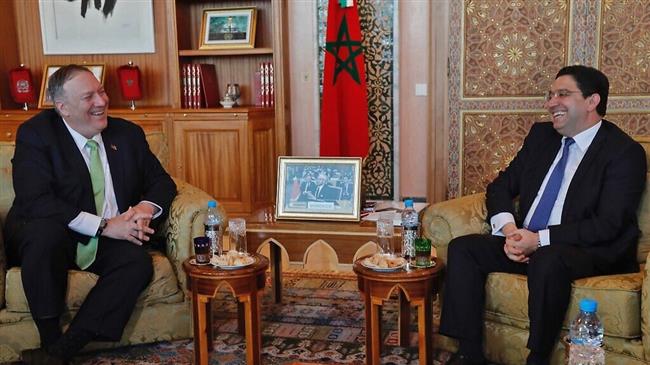
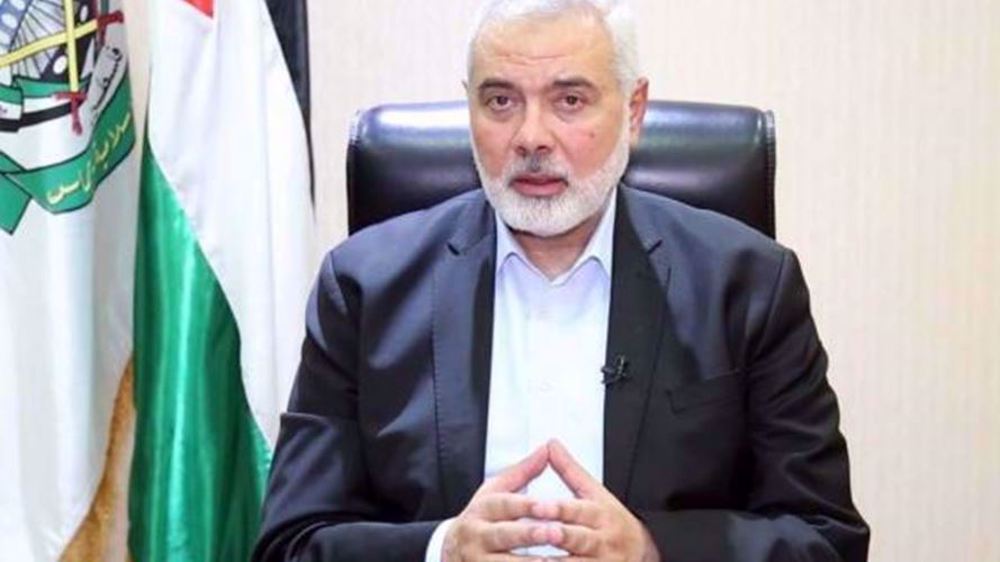
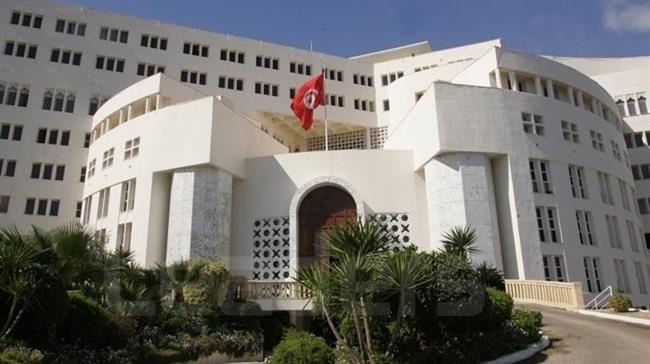
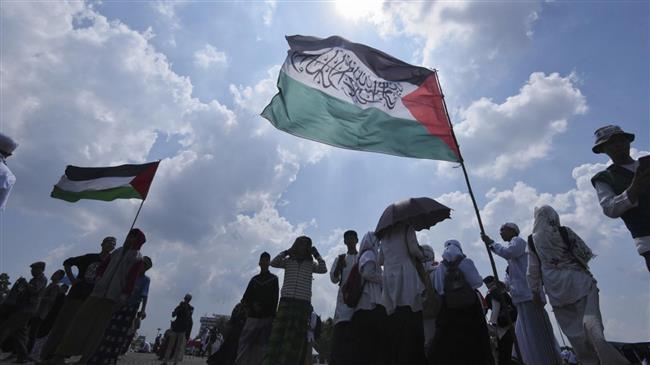
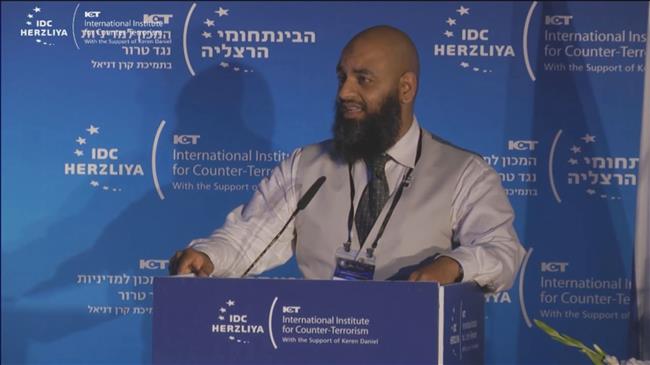
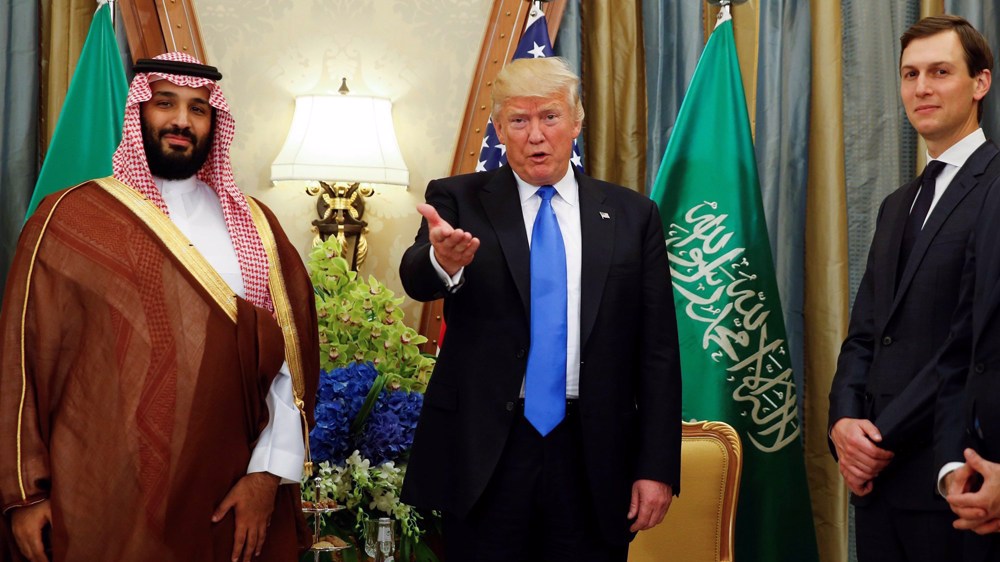

 This makes it easy to access the Press TV website
This makes it easy to access the Press TV website